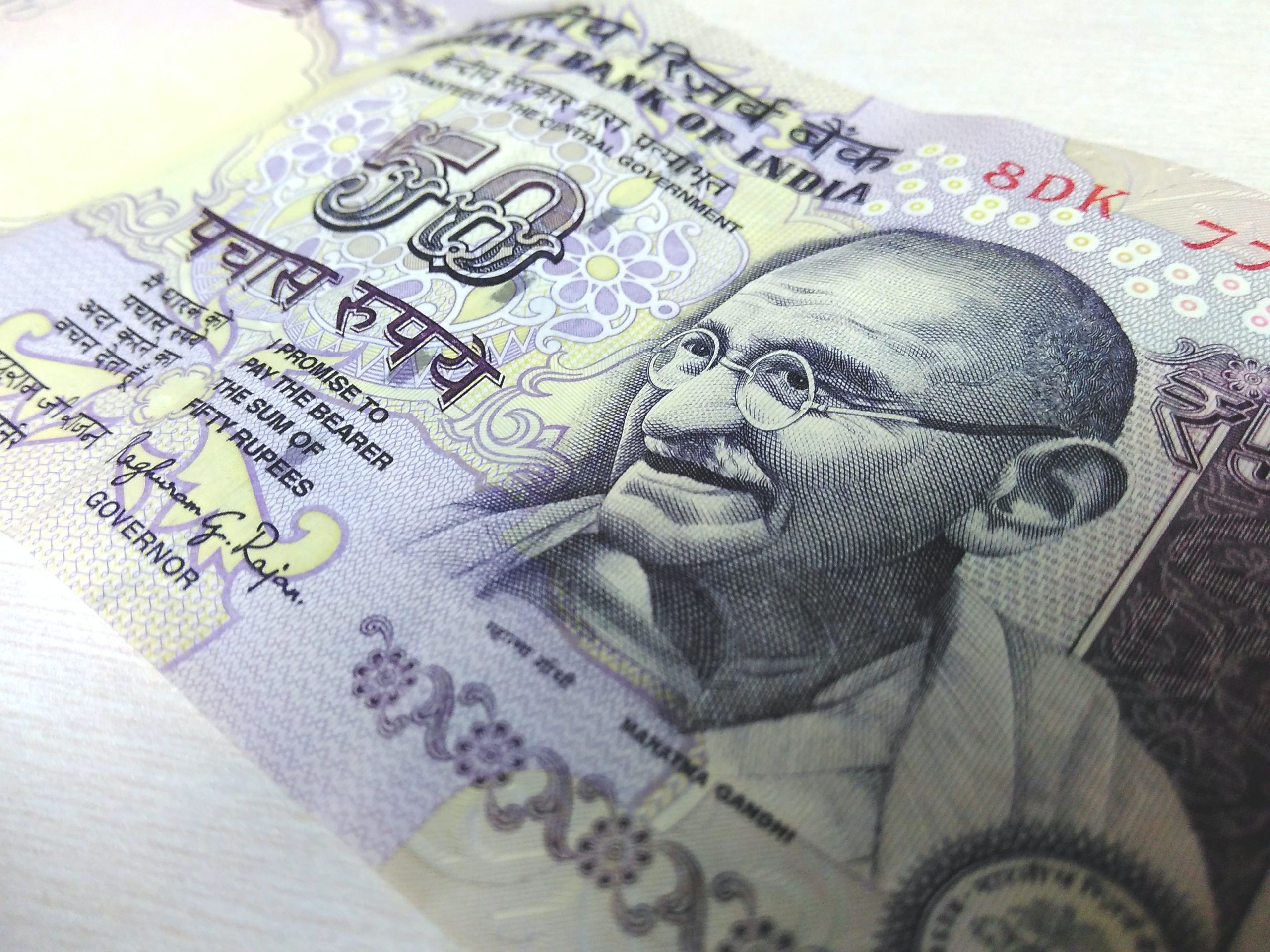Binance, the world’s largest crypto exchange by market cap, is reportedly attracting traders in India, allowing them to buy and sell cryptos in Indian rupees.
The fund transfers are carried out from local bank accounts or services like Google Pay or by accepting cash.
The exchange acts as a neutral third party, providing an ‘escrow service’ that pairs a local buyer and seller in an offshore marketplace while settling the payment in Indian rupees (INR), a recent report by Economic Times, noted.
Indian regulators are aware of these transactions, the report said. Also, Binance isn’t violating any laws as they do not hold a rupee bank account. Besides, they only provide escrow services for crypto transfers, which are not recognized as legal tender.
However, local traders who advertise for buying and selling cryptos on the Binance platform could potentially be violating exchange control rules and anti-money laundering.
“Someone can sell crypto from his wallet opened with Binance to another buyer in India who receives the crypto in his wallet with Binance and then pay him off in rupees. No one gets to know. No tax is paid, but trading goes on. Some of the trades are quite large,” a crypto trader noted.
How Do Binance’s Crypto Deals in Rupees Work?
Per the report, the Binance peer-to-peer service includes a variety of payment options for Indian traders such as UPI, IMPS, Google Pay, ‘cash deposit to bank’ and ‘cash in person.’
Recently, local crypto players showed a video to the Reserve Bank of India, the country’s central bank, that portrayed a crypto trade on Binance, using an India-based digital wallet.
The video was shared after the Bharat Web3 Association, India’s newly formed crypto policy advocacy group, separately asked the government to let crypto firms access the national Unified Payments Interface (UPI) after it was banned last year.
Additionally, Indians have moved their cryptos to wallets with foreign exchanges, decreasing user activity on India-based exchanges to 90% in 2022.
According to a research study by Esya Centre, a New Delhi-based technology policy think tank, Indians moved over $3.8 billion in trading volume from local to international crypto exchanges after the country announced strict crypto tax rules last year.
Binance, the world’s largest crypto exchange by market cap, is reportedly attracting traders in India, allowing them to buy and sell cryptos in Indian rupees.
The fund transfers are carried out from local bank accounts or services like Google Pay or by accepting cash.
The exchange acts as a neutral third party, providing an ‘escrow service’ that pairs a local buyer and seller in an offshore marketplace while settling the payment in Indian rupees (INR), a recent report by Economic Times, noted.
Indian regulators are aware of these transactions, the report said. Also, Binance isn’t violating any laws as they do not hold a rupee bank account. Besides, they only provide escrow services for crypto transfers, which are not recognized as legal tender.
However, local traders who advertise for buying and selling cryptos on the Binance platform could potentially be violating exchange control rules and anti-money laundering.
“Someone can sell crypto from his wallet opened with Binance to another buyer in India who receives the crypto in his wallet with Binance and then pay him off in rupees. No one gets to know. No tax is paid, but trading goes on. Some of the trades are quite large,” a crypto trader noted.
How Do Binance’s Crypto Deals in Rupees Work?
Per the report, the Binance peer-to-peer service includes a variety of payment options for Indian traders such as UPI, IMPS, Google Pay, ‘cash deposit to bank’ and ‘cash in person.’
Recently, local crypto players showed a video to the Reserve Bank of India, the country’s central bank, that portrayed a crypto trade on Binance, using an India-based digital wallet.
The video was shared after the Bharat Web3 Association, India’s newly formed crypto policy advocacy group, separately asked the government to let crypto firms access the national Unified Payments Interface (UPI) after it was banned last year.
Additionally, Indians have moved their cryptos to wallets with foreign exchanges, decreasing user activity on India-based exchanges to 90% in 2022.
According to a research study by Esya Centre, a New Delhi-based technology policy think tank, Indians moved over $3.8 billion in trading volume from local to international crypto exchanges after the country announced strict crypto tax rules last year.
